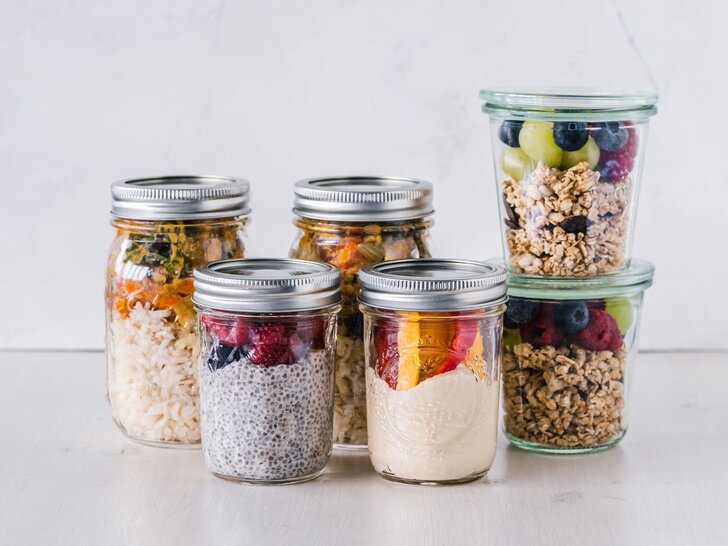The trend of eating a severely restricted diet that primarily focuses on 'clean and ethical' foods originated with a group of health bloggers and specialized gurus. Over time, the practices and views of these gurus have become mainstream–here are already over 48 million posts and photos on Instagram with the hashtag 'clean eating,' and veganism is expected to increase by 40% in the coming years.

Ella Olsson/Pexels | Although the 'clean eating' craze is marketed to promote health, experts say that pseudo-scientific restricted eating may be nutritionally and physiologically damaging
Concepts like intermittent fasting, 5:2 diet, and detox drinks which promise to "clear the digestive tract using herbal remedies" have never been more popular. But although the 'clean eating' craze is supposedly marketed to promote health, experts say that pseudo-scientific restricted eating may, in fact, be nutritionally and physiologically damaging.
Who is impacted by the facade of 'Clean Eating'?
The tendency to jump onto new dietary trends is most prevalent among women in their twenties and thirties, and is also prevalent among regular social media users who publicly reveal their eating habits. While some celebrities consume restrictive diets due to health issues, many others avoid gluten, dairy, sugar, and meat on the basis of very inconclusive and insufficient medical evidence, encouraging their followers to do the same.

Sharon McCutcheon/Pexels | Some celebrities consume restrictive diets and avoid gluten, dairy, sugar, and meat for little to no medical reason, persuading their followers to do the same
Unlike anorexia nervosa or bulimia nervosa, 'clean eating' is considered socially acceptable–therefore, someone who claims to be striving to be healthy will not be condemned in the same way as somebody who restricts calories in the pursuit of weight reduction.
How is this restrictive eating affecting us?
Extreme weight reduction can be quite detrimental to one’s health and might even result in hair loss and infertility. Detox teas, although they are beneficial when taken responsibly, can have an adverse effect on regular bowel function when consumed excessively. Labeling foods as 'dirty' or 'clean' leads to compulsive behaviors, such as binging and guilt cycling, which are also indicators of an eating disorder. If social settings involving food are shunned, it can also contribute to feelings of loneliness and isolation. Thus, eliminating entire food groups has been linked to long-term health complications.
Is there a middle ground to Identify the difference?
With medical supplements and adequate nutrition, it is quite feasible to consume a vegan diet while being healthy. Similarly, for people who have a medically documented allergy to foods such as dairy, adopting non-dairy substitutes will prevent severe cramping, bloating, and digestive issues.

Monserrat Soldú/Pexels | For people who have a medically documented food allergy, such as dairy, adopting non-dairy substitutes will prevent severe cramping, bloating, and digestive issues
To wrap it up
Avoiding large food groups and categories, labeling foods as 'dirty' or 'bad,' and distancing oneself as a result, may be indicators of an eating disorder. In this case, the first step is to seek advice from your primary healthcare physician. You may also seek counsel from self-help websites and mental health experts that strive to serve as a resource for people suffering from eating disorders and those close to them.





